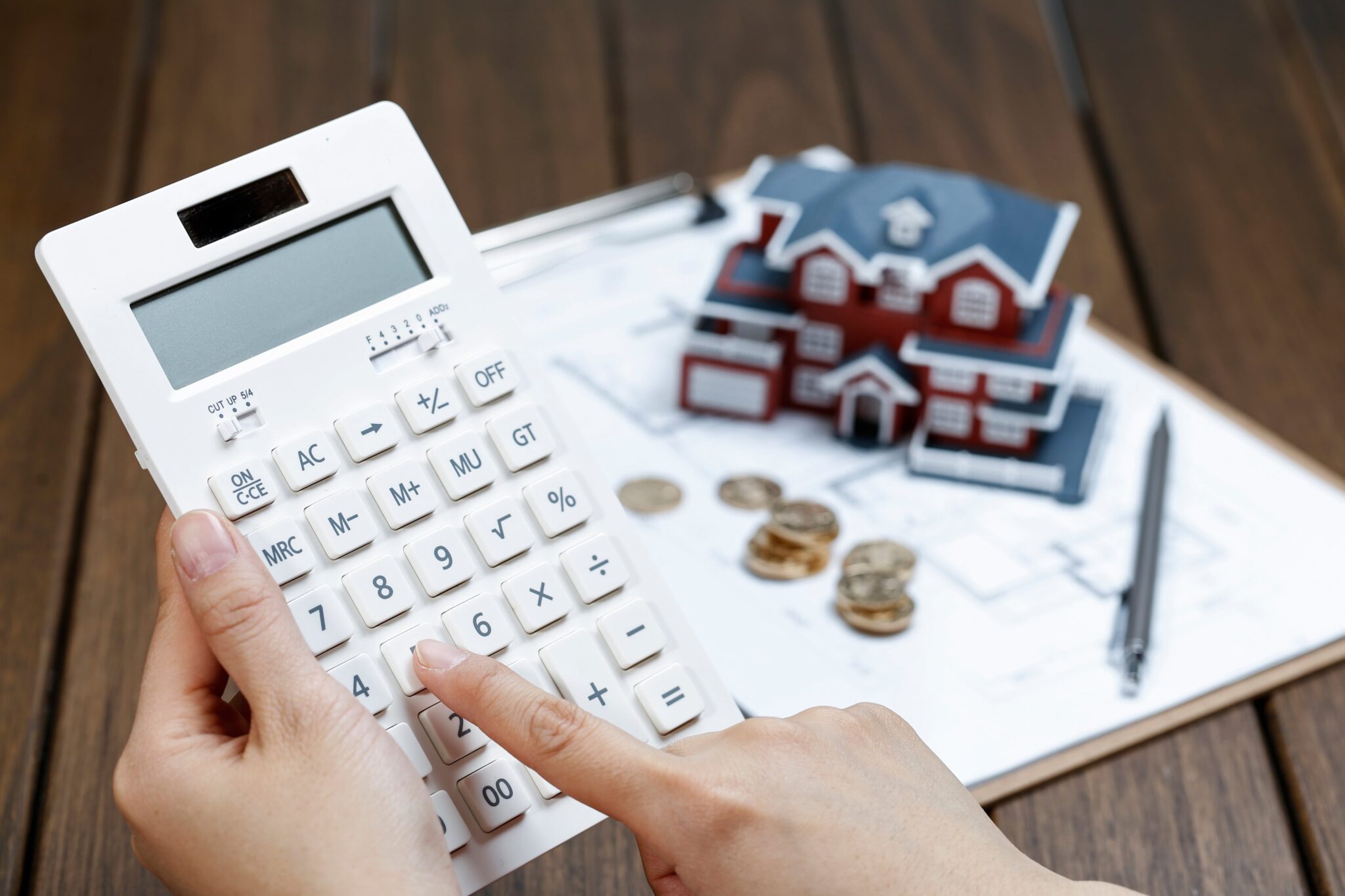A living space entails costs for its everyday use and maintenance. Not all of these expenses fall solely on the property owner in the context of a rental arrangement. Indeed, the occupant must also contribute since they are residing there. These are known as service charges or recoverable costs. Contrary to popular belief, it’s not always easy to determine who should pay for what. Discover in the following lines everything you need to know on the subject to eliminate any areas of uncertainty !
Rental charges or recoverable costs : deinition
Rental charges encompass all expenses related to the use and maintenance of a leased property. They are termed “recoverable” because they are initially paid by the owner and then billed monthly to the occupant in addition to the rent. For instance, they could involve water consumption, heating, or even condominium fees.
Several criteria are used to calculate the amount of rental charges. For example, the property’s size or the number of occupants are taken into account.
Both the rent and recoverable charges must be clearly indicated in the lease agreement. Thus, the tenant will be aware of the total monthly payment they need to make to their landlord. Since these expenses are estimated, there might be a difference between the total amount of provisions and the actual expenses during the annual settlement. In this case, either the tenant or the landlord must settle the difference. However, keep in mind that this estimation aims to closely reflect reality to avoid unpleasant surprises !
List of common rental charges
Rental charges are listed in Decree No. 87-713 of August 26, 1987. The calculation of these charges is carried out by the property owner or the building manager in collaboration with the property management company. Charges related to the condominium are divided fairly among all tenants. The Alur law has imposed strict rules for their determination, adjustment, and regulation. The landlord must provide the tenant with a detailed list of recoverable charges along with their associated amounts, calculation methods, and distribution. Tenants have the right to contest them if they find them excessive.
In practice, expenses related to maintenance, operation, and minor repairs are the responsibility of the tenant. Major works and upgrades are the responsibility of the owner. Here is a non-exhaustive list of recoverable charges:
- Elevator and lift : all expenses that enable the daily operation of the device, such as electricity costs, cleaning, semi-annual inspection by the maintenance company, minor repairs, etc. Note: the technical inspection every 5 years is the responsibility of the owner.
- Cold water, hot water, and collective heating : occupants’ expenses, water needed to clean common areas, including the purification station, water for outdoor spaces, use of general and individual meters, and maintenance of smoke purifiers, etc.
- Individual installations : heating, hot water production, and water distribution in private areas (flow and temperature adjustment, troubleshooting, replacement of faucet seals and toilet flushes, etc.)
- Interior common areas : (entrance halls, corridors, stairs): electricity, supply of cleaning products (brooms, vacuum cleaners, bags, detergents, etc.), maintenance of timers, mats, or garbage chutes, cleaning personnel.
- Outdoor spaces : maintenance of traffic lanes, parking lots, green spaces, children’s play areas, ponds, fountains, painting, and minor repairs to equipment such as fences, benches, etc.
- Hygiene : insect control, disinfection, supply of consumables for waste disposal, waste collection and treatment, etc.
- Miscellaneous building equipment : small repairs and maintenance of the boiler, central heating, ventilation, intercom, video surveillance, etc.
- Taxes and levies : household waste removal, sweeping tax, lease tax.
Payment of rental charges
The tenant must pay their charges monthly along with their rent on the date specified in their lease agreement. The amount of the monthly provision is fixed and will be reconciled annually. The tenant must fulfill their obligations, under the risk of legal action from their landlord. Conversely, the landlord also has responsibilities towards the tenant.
- Energy consumption documents
Monthly, the landlord must provide an analysis of their energy consumption (heating, hot water, etc.) if the building has remote-readable individual meters. If the property is part of a condominium, the landlord must provide the information received from the property management company.
- Calculating provisions for rental charges
- Estimation : the owner estimates their amount based on the previous year’s charges or the condominium’s projected budget.
- Distribution : they must consider the living area and the actual consumption of certain items (water, collective heating).
- Calculation of provisions : they divide the total annual cost by 12 and indicate the amount in the lease agreement.
- Adjustments: annual and belated
The adjustment of recoverable charges generally takes place at the end of the calendar year and at least once a year. The purpose is to determine whether the provisions paid are sufficient to cover the actual year’s expenses.
Two scenarios are possible:
- Overpayment : the owner will refund the difference.
- Insufficient payment : the tenant will settle an additional amount.
One month before the adjustment, the landlord is obligated to share several documents and information to inform the tenant and justify the amounts:
- Annual breakdown of charges;
- Distribution method among different occupants if it is a condominium;
- Calculation method for heating and hot water production.
In the case of a belated adjustment, the tenant can request staggered payment over several months by registered letter with acknowledgment of receipt. Note that both the landlord and the tenant can demand the settlement or refund of rental charges for three years, even if the tenant has already left the property in the meantime.
In conclusion, a thorough understanding and management of rental charges are essential for healthy relationships and accurate accounting throughout the rental period.”
Article to download here: [Rental charges – how to get through ]

